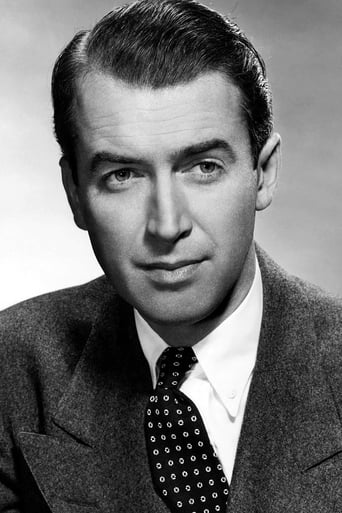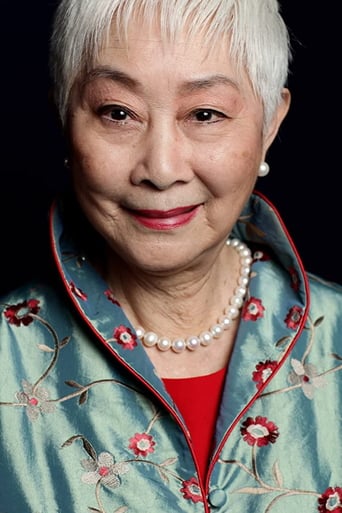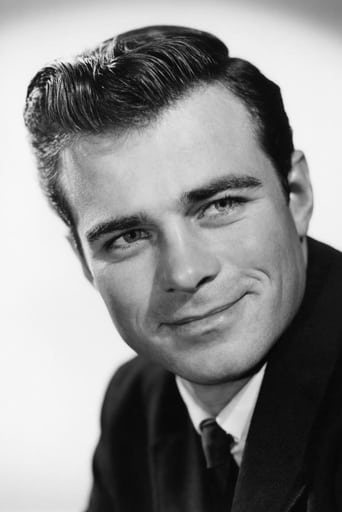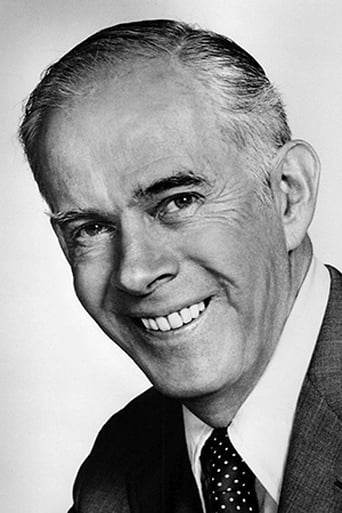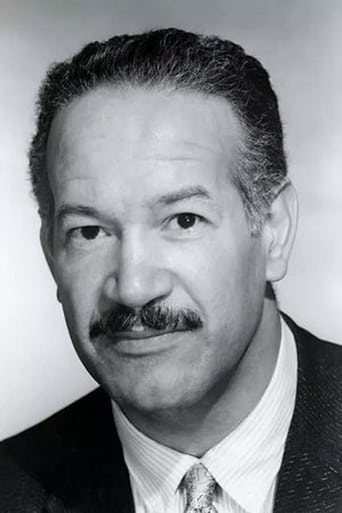Protraph
Lack of good storyline.
Smartorhypo
Highly Overrated But Still Good
Juana
what a terribly boring film. I'm sorry but this is absolutely not deserving of best picture and will be forgotten quickly. Entertaining and engaging cinema? No. Nothing performances with flat faces and mistaking silence for subtlety.
arthur_tafero
This is a rare film that criticizes the KMT in China's war with Japan in 1944. The KMT was fighting the CCP (Communists) at the same time they were fighting the Japanese. The CCP was fighting the Japanese as well. They are not even mentioned in the film. The Chinese Civil War started way before 1944. It was the KMT (Chiang Kai-Shek) against the CCP (Mao Zedong). It lasted until 1949, when the CCP finally won when the KMT retreated to Taiwan. The film itself, though, has some problems. There is really not too much suspense or tension in the film. Stewart is really miscast (he was more comfortable in Air Force films) as a demolition man. Harry Morgan is very good though, as is the rest of the cast, who rescue the film from Stewart. Other than Flying Tigers, I cannot remember one other well-made film about the Chinese in WW 2. Empire of the Sun was very good, but it was not really about China. The Last Emperor was very good, but it was more about Puyi than the Chinese in WW2. At least this film marks a shift away from the stereotypical portrayal of the Chinese we had seen in films prior to 1960. There were still a few stereotypes, but not as many as before. Interesting film.
theowinthrop
This film can really be subtitled, "Why did We Bother to Get Involved?". It is the kind of World War II film that Hollywood would never have shot in the 1940s. For the purpose of wartime propaganda is to attack one enemy at a time. In 1941 - 1945 the Japanese were the enemy, and our allies were the brave Chinese people. Only a handful of specialists on China knew the complexity of relationships in Chinese politics. One was Lieutenant General Joseph ("Vinigar Joe") Stillwell, who had been in China since the 1930s. He knew the main enemy was Japan, but he had little trust for the Kuomintang government of General Chang Kai Shek, which he knew was corrupt. China since the teens had been suffering from a large number of civil wars between generals with armies called "War-Lords". When Sun Yat Sen founded the Kuomingtang he hoped to get the assistance of the west to build up it's arms and defeat the war-lords. Unfortunately the Japanese prevented this kind of period of consolidation to occur, so Chang found he was supporting the representatives of a constitutional government, and was opposed by the Japanese and the War-Lords. Then a third foe arose: the Communists under Mao Tse Tung. In such a complex quilt pattern like country, we could not know who were our friends or foes. Washington, D.C. decided our ally was Chang, and Stillwell was frustrated on the support we wasted on him and his cohorts.THE MOUNTAIN ROAD is a simple film about a set of Americans, led by Jimmy Stewart, who are ordered to slow down a Japanese advance into Western China by the Japanese. The interesting thing of the movie is that we never seen any Japanese soldiers. No we see only Americans and Chinese. We see how they mingle and interrelate, but also how they may end up fighting. Americans being hurt by one of the brave allied people we try to help - how familiar that sounds nowadays.Stewart initially tries to get permission from the local Kuomintgang Colonel to blow up a bridge. He does get it, although he finds the customs of the Colonel too showy (he has to eat some lunch with the Colonel). He is given the use of a Colonel Kwan (Henry Silva) as a translator, and he has to escort a well educated woman, a General's widow (Lisa Lu) to the town that is their destination. Stewart has always wanted to have a command, so he had agreed to this one. He has Harry Morgan as his chief sergeant, James Best and Mike Kellin as two of his troops, and Glenn Corbett as Collins, his right hand man and translator.The film really follows how the Americans deal with their erstwhile allies, and the results are somewhat discouraging. As time passes Steward's patience with the Chinese begins to crack. In particular two tragedies destroy it: the death of Collins while trying to do an act of kindness to the starving villagers they are among; and the roadside murder and robbery of two of the men (one a sick man) by Chinese soldiers turned into bandits. Stewart and Lu had slowly developed a love affair but the two tragedies, and Stewart's reaction to the second destroy what chances the bi-racial love affair might have had. In the end they part, and Stewart realizes he was to blame for it.Or was he? Lu makes several realistic assessments of what her China requires to survive, and it is right that unity is needed. But she is unwilling to admit that her people do not have the right to kill people for personal gain. She keeps hiding behind the fact that they don't know better. Yet the scene when Stewart catches the thief and murderers drinking in a bar in a town, they realize what he is there about and start arming themselves for the upcoming fight. Stewart tries to explain his seeking punishment of the guilty was do to the headiness of having the power of life and death in the form of his getting an active command on the field. That may be true, but the two incidents involving his men and the locals hardly paint them as innocents types protecting themselves against wicked Americans. In the end the two points of view just cannot meet at a particular point. So the romance cannot last. But the audience wonders if friendship between the two countries is worth it in the end.
aromatic-2
Intriguing wartime character studies. Outstanding characters abound. Stewart's romance with the Asian female lead is very poignant. Harry Morgan and Mike Kellin give outstanding character support - in fact the whole cast does, including a young James Best, looking hunky, well before his Dukes of Hazzard days.
mhorn-2
This film portrays the lives of a US Army engineer squad in China during WW II. Their mission is to delay the advance of the Japanese Army. They must blow up bridges and ammo dumps along a long mountain road while dealing with a never ending line of Chinese refugees. James Stewart finds love with a beautiful Chinese widow. He must deal with his personal feelings toward a woman, a foreign people and the challenges of command. Not one of your best Jimmy Stewart movies but well worth a look.
